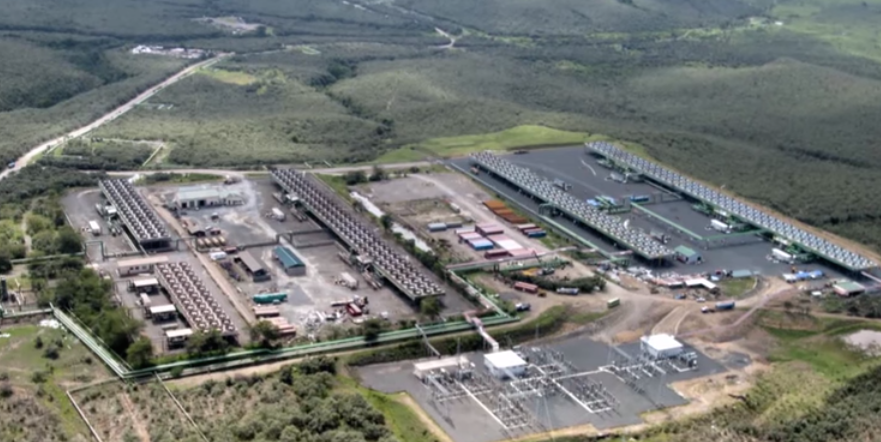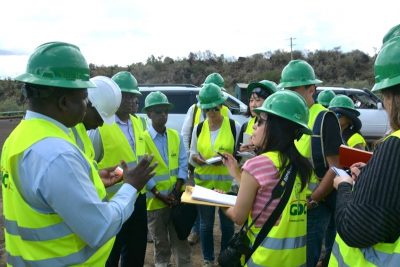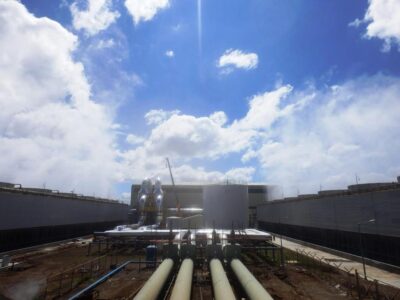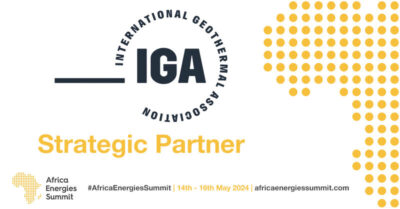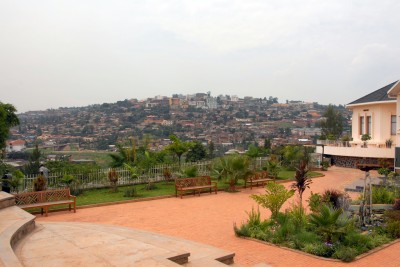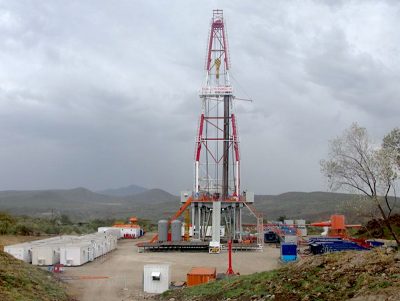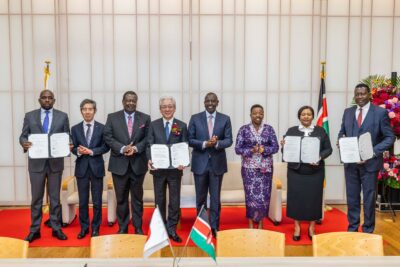Kenyan President sees geothermal as key in industrialisation
Kenya's President Uhuru Kenyatta, sees geothermal as a key element in the industrialisation of the country, as it provides the energy needed for economic development.
At a recent meeting in Zambia, Kenya’s President Uhuru Kenyatta asked the private sector to help the country develop its geothermal energy resources for the country to generate clean power.
He said that while reserves have been explored, “the government can’t exploit it alone, it needs input from private business.
“Geothermal power sources today account for about 40 per cent of Kenya’s power needs,” said President Kenyatta.
“Thermal energy now accounts for just about 10 per cent of Kenya’s on-grid energy,” he said during a panel discussion hosted by the Africa Development Bank (AfDB) as part of its 51st annual meeting in the Zambian capital.
Other panellists were President Paul Kagame of Rwanda and bank’s president Dr Akinwumi Adesina.
Panellists praised Kenya for increasing on-grid connections in the country, as well as investments in renewable energy.
But President Kenyatta said private business, which accounts for about 30 per cent of Kenya’s on-grid power supplies, needed to shift from thermal to geothermal.
The president said Kenya, like most African countries, had many challenges.
“Our greatest challenge is creating jobs. But we cannot create jobs if we do not industrialise, and we cannot industrialise if we do not have energy,” he said.
Mr Kenyatta said the next major discussion should move to the “bankability” of green energy sources without losing focus of the right mix, which should tap into geo-thermal, wind, hydro and solar sources.
Mr Adesina said it was unacceptable that, on average, African governments spend on 0.3 per cent of their GDP on energy yet that is where the greatest need lies. As a result, he said, “there is a degree of impatience” by Africans and their leaders to “solve this”.
Source: AllAfrica
